Ensure you have the right antibiotic for your animals when they need them.
Antibiotics are a powerful tool for both animal and human health. They can be used to prevent and treat infections caused by bacteria. However, when antibiotics are used improperly, bacteria can become resistant or unresponsive. This is called antibiotic resistance (AMR). Antibiotics can continue to be effective for prevention and treatment through good stewardship and responsible use.
We can keep antibiotics effective through antibiotic stewardship.
What is antibiotic stewardship?
Responsible stewardship practices include actions that preserve the effectiveness of antibiotics while maintaining animal health.
- Only using antibiotics when necessary to manage illness in animals
- Establishing best management practices, like use of vaccines, and disease prevention plans to reduce the overall need for antibiotics
- Livestock owners and veterinarians working together to make decisions that improve animal health and welfare long-term
Lack of effective treatments can result in
- Poor animal health and welfare
- Reduced livestock productivity
- Increased health costs
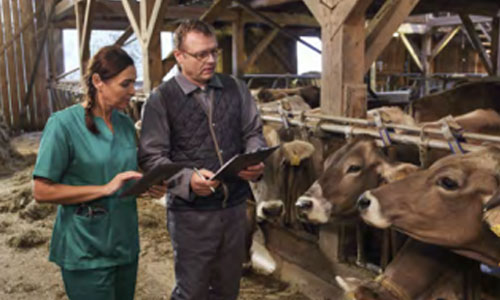
Make the Most of Your Resources
Maintaining herd health means making the most out of limited resources like time and money. Creating a relationship with a team of experts, such as local livestock experts, extension agents, and veterinarians, to work together to care for your operation will pay off not only in your herd’s wellbeing, but also in your wallet.
Plan
Ahead
Plan Ahead
Illness and infections are never convenient. The best time to talk to your vet is before your livestock are sick. Planning ahead with your veterinarian ensures you can care for your livestock in a timely manner when it matters most.
Identify a Support Team
You know what’s in the best interest of your operation. When it comes to keeping your livestock healthy, the lack of an antibiotic stewardship plan can negatively affect your bottom line. Local livestock experts, extension agents, or veterinarians can provide the support you need to navigate these changes.
Implications for Cattle
While some healthcare tasks can be performed by producers, a veterinarian is an invaluable partner in treating illness and infection, and in many cases necessary to get proper treatment. Under the FDA’s Guidance For Industry (GFI) #263, in June 2023 all medically important antibiotics that were previously available over-the-counter will require a prescription from a veterinarian for legal use in animals.
Conditions of Concern
Bovine respiratory disease, lameness, mastitis, pink eye, uterine infection
Pathogens of Concern
E. coli, Fusobacterium necrophorum, Histophilus somni, Klebsiella, Mannheimia haemolytica, Moraxella spp., Pasteurella multocida, Staphylococcus species, Streptococcus spp.
Affected Medications
Cephapirin, Cephapirin Benthazine
Oxytetracycline
Penicillin G Procraine, Penicillin G Benzathine
Sulfadimenthoxine
Tylosin
More Resources
Locate a Veterinarian
https://www.avma.org/resources/pet-owners/yourvet/fnding-veterinarian
FDA Center for Veterinary Medicine Antimicrobial Resistance
https://www.fda.gov/animal-veterinary/safety-health/antimicrobial-resistance/
Your State’s Extension Veterinarians
http://www.extvets.org/contacts.asp
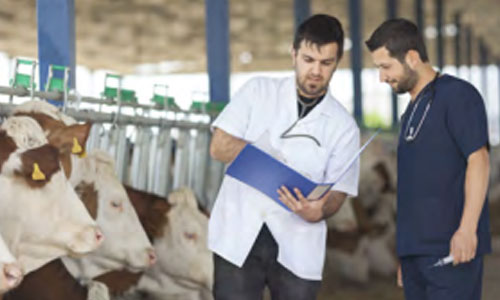
Building a Veterinary-Client-Patient Relationship
Make a proactive plan with a veterinarian to get the antibiotics your animals need when they need them.

Talk to a Vet
Identify a veterinarian as a partner in supporting your herd’s health. By having a veterinarian who is familiar with you and your livestock, they can be prepared to provide appropriate care in the case of an illness or infection.

Build a VCPR
A valid veterinarian-client-patient relationship (VCPR) is required for extra-label drug use. Working with your veterinarian to make a plan will allow them to determine what treatments and antibiotics your animals need. This relationship can help to reduce the need for extra veterinarian visits and help expedite treatment.

Schedule Routine Visits
Routine visits are more cost-effective and encourage a preventative and proactive approach to maintaining your herd’s health.

Set Treatment Protocols
Before illness occurs, set protocols for common conditions with your veterinarian so that you have access to the antibiotics needed to take swift action on your own and recognize when you need to involve your vet.
Questions to Ask Your Vet






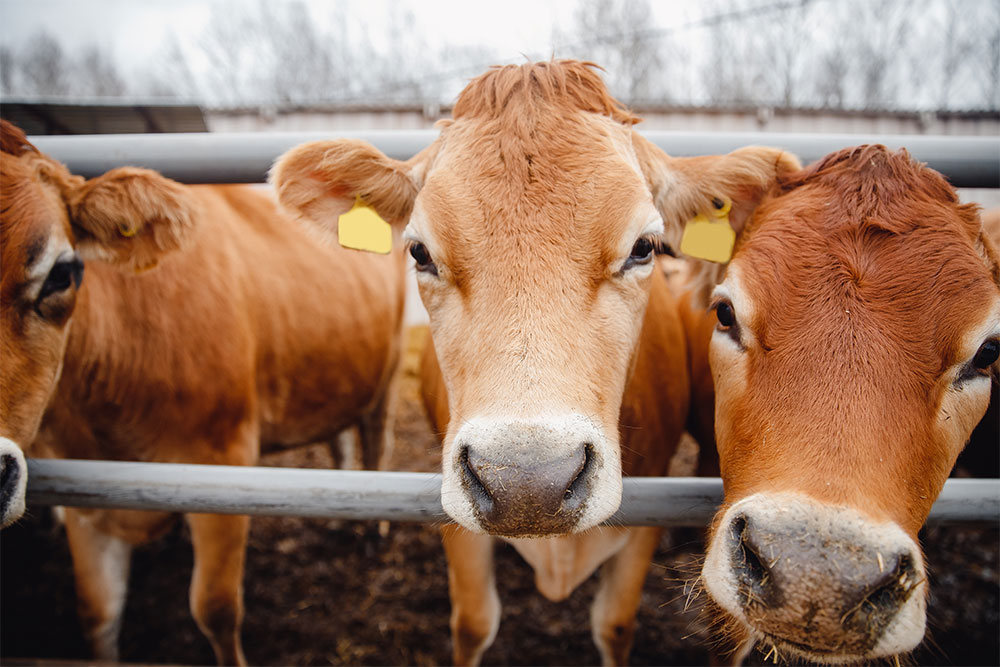

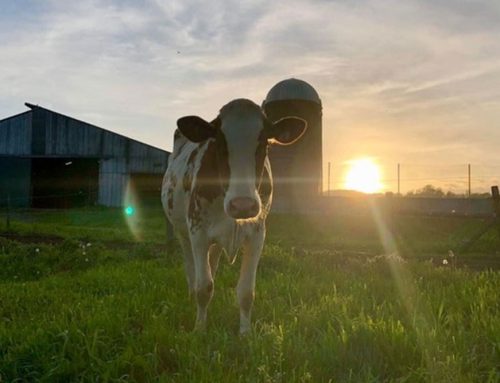

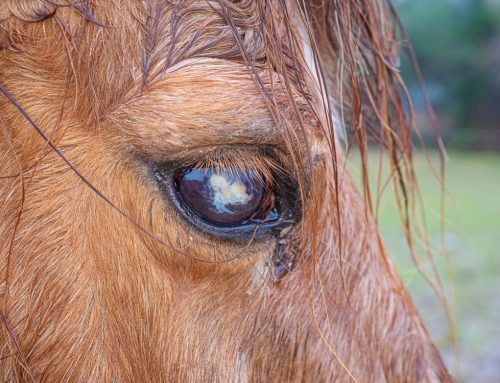
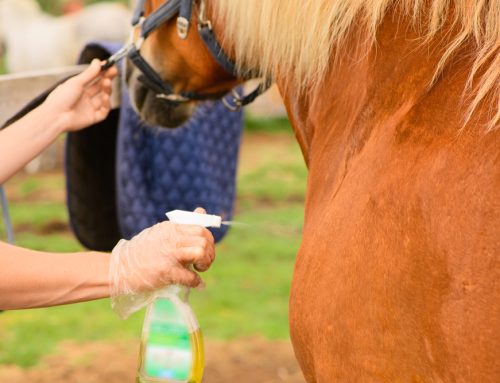

Leave A Comment